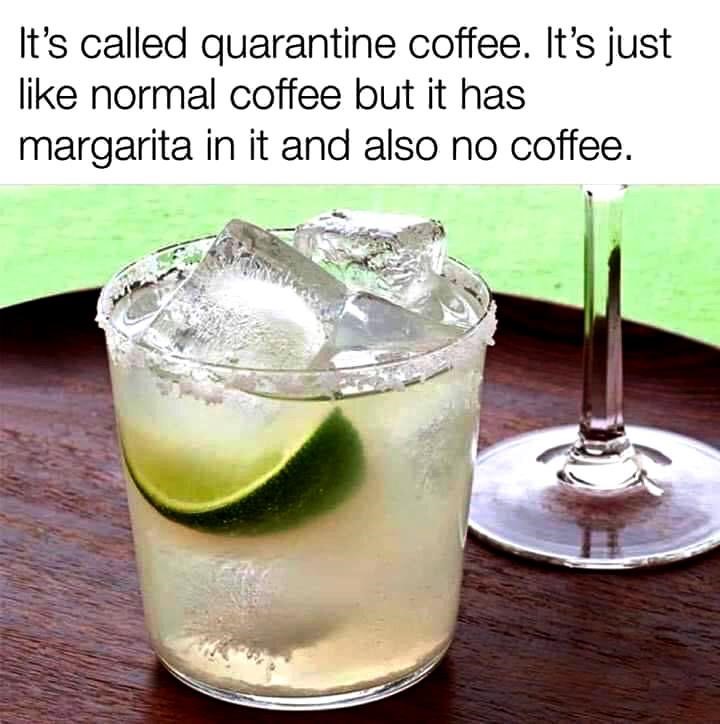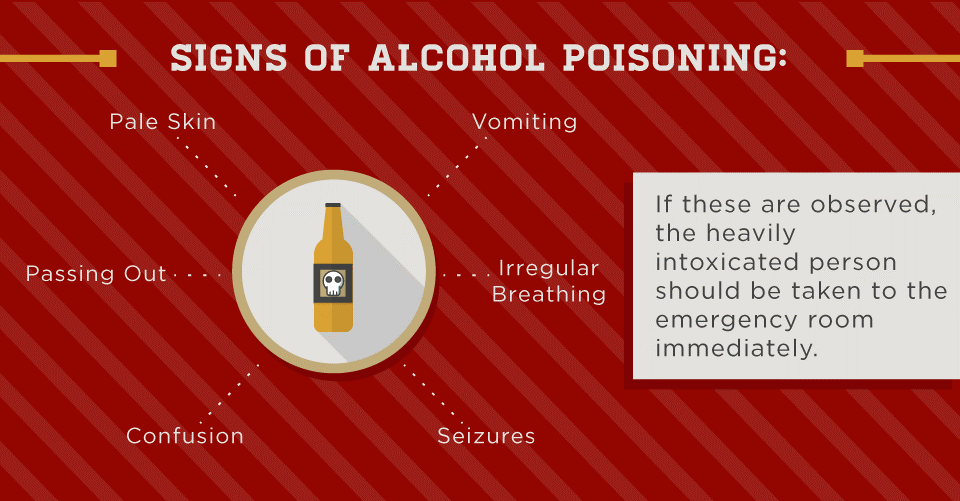By Lisa Minjares-Kyle
During times of stress, it is natural for people to gravitate towards things that provide us comfort and some form of relaxation whether that be chocolate or comfort foods. To say that these past few months have been stressful is an understatement as COVID-19 has so drastically changed the landscape of our world and lives.
After months of lockdown even these small little comforts have been stretched to their limits and many people have turned towards alcohol to help. Alcohol sales have increased somewhere between 32%-50%, according to various sources, since May(1,2).

While the immediate effects of alcohol can be relaxing, the opposite is true in the long term. Alcohol use can interrupt sleep and impact a person’s ability to regulate their emotions, causing negative emotions to surface(2). People who are regular drinkers also need to drink more to feel these effects, which can put them at risk for injuries and developing a substance abuse problem.
College students are a high-risk population during this time as, prior to COVID-19, students were constantly suffering negative effects from alcohol use including, death from alcohol-related car crashes, assaults, alcohol poisoning, and alcohol use disorder(3). An estimated 1 out of every 3 students admitted to binge drinking in the latest survey by SAMSHA (4).
As drinking levels are going up, the dangers are also increasing, particularly concerning heavy drinking. COVID-19 has caused everyone to stay home when they drink, creating a sense of safety, and many people only associate alcohol with danger if they’re behind the wheel of a car. But we know that’s not the only danger. Alcohol poisoning presents a real threat to those who are drinking more during this time and can lead to severe injury or even death. Recognizing the signs and symptoms of alcohol poisoning is vital to ensuring that emergency services are contacted.

For minors who are drinking illegally, notifying the authorities of an alcohol-poisoning event can be difficult, for fear of getting in trouble. In order to encourage young people to call for help if someone has alcohol poisoning, Texas passed what is known as the 911 Lifeline law. This law prevents a person under the age of 21 from being charged by police for possessing or consuming alcohol if they call 911 or seek medical aid for another person. While this law has been in effect since 2011, many students are still unaware of the details and information of how this law works.
The U in the Driver Seat program, in collaboration with Texas Alcoholic Beverage Commission (TABC), has developed an underage drinking digital toolkit that can be shared with students during this time. > Download the Toolkit
As we continue down this path, it is important to recognize and identify healthy ways to manage our stress and continue to connect with those who are important to us. The resourcefulness and creativity of ways to stay connected and together has been inspiring. What are some of ways that you stay connected to your friends? Drop them below in the comments.
Sources:
1. https://healthcare.utah.edu/the-scope/shows.php?shows=0_p0xim6x3
2. https://www.yalemedicine.org/stories/alcohol-covid/
3. https://www.niaaa.nih.gov/publications/brochures-and-fact-sheets/college-drinking
4. SAMHSA. National Survey on Drug Use and Health (NSDUH) 2018 (NSDUH-2018) Public-Use File Dataset. Available at: https://www.datafiles.samhsa.gov/study/national-survey-drug-use-and-health-nsduh-2018-nid18757. Accessed July, 2020.

Ms. Minjares-Kyle is an Associate Transportation Researcher under the Youth Transportation Safety Program at the Texas A&M Transportation Institute (TTI). Her primary area of expertise involves research, development of educational materials, and outreach pertaining to young drivers. Topics of interest include: distracted driving, impaired driving, child passenger safety, peer-to-peer outreach and data analysis.
Leave a Reply